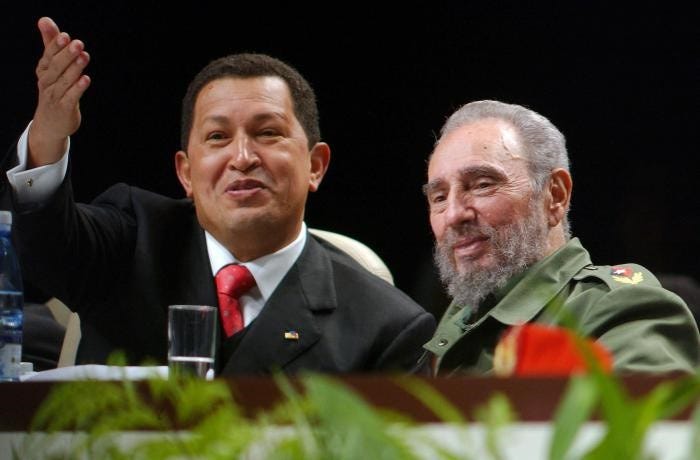ALBA-TCP seeks alternative integration
The voice that US imperialism cannot silence
With respect to the Twentieth Summit of ALBA-TCP, commemorating its establishment seventeen years ago, Nicaraguan President Daniel Ortega got to the heart of the matter. “The fact that we are meeting at all is a great victory. After six years of attacks, here we are, still affirming united the same principles that we declared seventeen years ago.”
The origins of ALBA-TCP
From 1999 to 2002, in various Latin American and Caribbean forums, Venezuelan President Hugo Chávez proposed the creation of a mechanism that would promote solutions to the various problems resulting from neocolonialism, on the basis of the principle of the unity and integration of the nations of the region, a vision formulated in the nineteenth century by Simón Bolívar and José Martí. The idea became reality on December 14, 2004, when Fidel Castro and Hugo Chávez signed in Havana the Joint Declaration for the establishment of the Bolivarian Alternative for the America…


